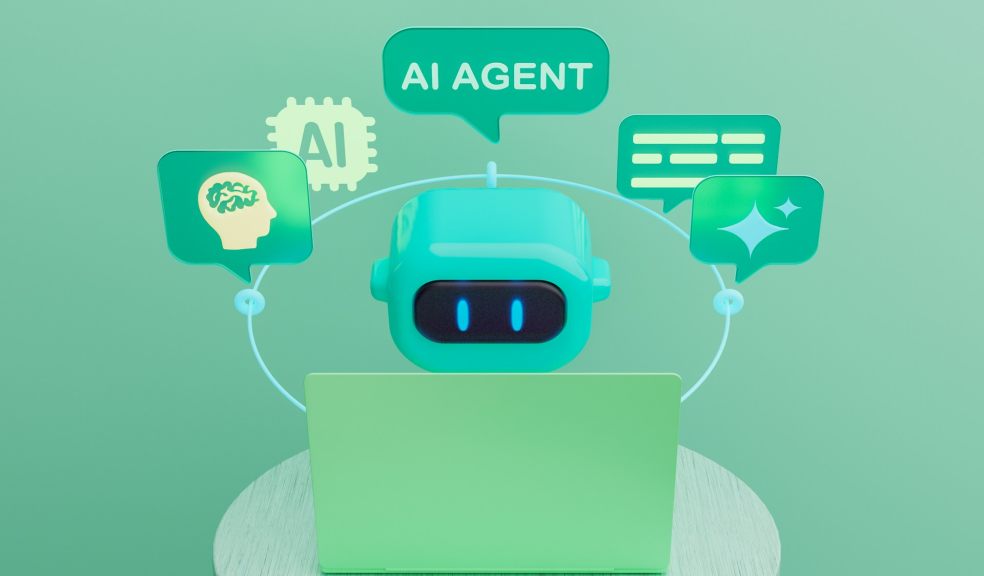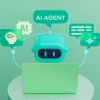
How AI Agents Enhance Workforce Productivity
Organizations across industries are reimagining how work gets done. AI agents are at the heart of this evolution of digital systems that independently complete tasks, offer insights, and support decision-making. Their presence in the workplace is not merely a trend; it's a shift that significantly boosts workforce productivity. By streamlining operations through automation and delivering real-time data analysis, AI-powered solutions are enabling businesses to reach new heights of efficiency.
Automating Repetitive Tasks with Precision
Routine and repetitive tasks often consume a large portion of employees’ time. AI agents are designed to alleviate this burden by handling tasks such as data entry, report generation, scheduling, and fundamental customer service interactions. These systems execute functions at high speed and with consistency that reduces human error.
For example, customer service departments leverage AI chatbots to manage common inquiries, allowing human representatives to focus on more complex customer concerns. In administrative departments, AI tools coordinate calendars, schedule meetings across time zones, and even send follow-up reminders, dramatically cutting down employees' time on manual planning.
Similarly, business analysts benefit from AI agents that are capable of generating reports. These tools can extract data from various platforms, analyze patterns, and present findings in clear visual formats, saving hours of manual spreadsheet work.
Enhancing Strategic Decision-Making
AI agents are not limited to basic task automation—they also play a critical role in elevating the quality of decisions across departments. By processing large volumes of data in real time, these agents offer insights that might take human teams days or weeks to compile.
In marketing, AI-powered solutions analyze customer behavior, digital footprints, and campaign performance to refine strategies. Teams can quickly adjust their targeting or messaging based on up-to-date information. AI agents assess market risks, forecast trends, and support investment decisions in the financial sector by interpreting complex data patterns.
Operations and supply chain teams benefit immensely from AI-driven predictions. For example, these systems can detect early signs of demand changes or supply chain disruptions, allowing for timely adjustments. Such real-time intelligence equips organizations to act with greater agility and confidence.
Empowering Human Talent for High-Value Work
One of AI agents' most transformative effects is their ability to empower human employees. By offloading mundane tasks, these systems free workers to engage in creative, strategic, and relationship-driven activities.
Creative professionals in content, design, and media industries use AI as a starting point to draft ideas, generate headlines, or create visual concepts. While the AI provides the groundwork, human talent fine-tunes and adds originality. In healthcare, AI agents process patient records and highlight relevant insights, enabling doctors and nurses to spend more time on diagnostics and patient interaction.
This reallocation of effort results in a more engaged workforce. Employees can work on projects that align with their skills and passions, leading to greater job satisfaction and innovation. Rather than replacing human workers, AI agents are collaborative partners that elevate the entire team’s output.
Real-World Use Cases of AI Agents
Many leading organizations are already leveraging AI-powered solutions to enhance productivity and operational efficiency:
Salesforce
Salesforce integrates AI agents into its sales ecosystem. These agents assist sales representatives by analyzing customer data, recommending actions, and simulating negotiation scenarios. This makes sales teams more informed and better prepared for client interactions.
EY (Ernst & Young)
EY utilizes AI agents to support its tax professionals. These systems collect and organize data, ensure compliance with complex regulations, and flag anomalies that require expert review. As a result, employees can devote more time to strategic consulting.
Qualtrics
Through agentic AI, Qualtrics optimizes customer and employee experience by delivering context-aware, real-time support. These systems handle routine queries while passing complex concerns to human agents with relevant background data already compiled.
These examples demonstrate the cross-functional power of AI agents to redefine how work is performed and how employees engage with their roles.
Key Benefits of AI Agents in the Workplace
The integration of AI agents provides several tangible and long-term benefits that organizations can capitalize on:
Improved Operational Efficiency
Tasks that once took hours or days can now be completed in minutes, allowing employees to accomplish more in less time.
Increased Accuracy and Consistency
By relying on predefined algorithms and learning models, AI agents reduce the chances of human error and maintain consistency across repeated processes.
Scalable Workflows
AI-powered solutions can easily handle workload increases, eliminating the need for proportional increases in staffing and associated costs.
Reduced Operational Costs
Automating labor-intensive tasks contributes directly to lower overhead, while reducing costs tied to manual errors and inefficiencies.
Greater Employee Satisfaction
When employees are empowered to focus on meaningful, creative, and intellectually challenging tasks, they tend to be more motivated, loyal, and engaged.
Best Practices for Implementing AI Agents
To fully realize the benefits of AI agents, businesses must approach implementation thoughtfully. The following steps can guide a successful rollout:
Identify Automation Opportunities
Start by pinpointing repetitive, rule-based, or data-heavy tasks that would benefit from AI automation. Involve department heads in identifying pain points in their workflows.
Choose Scalable, Integrated Tools
Select AI-powered solutions that can integrate with your existing systems and scale with your business needs. Tools should be user-friendly and support ongoing learning.
Invest in Employee Training
Providing training ensures that employees understand how to work alongside AI agents and utilize them effectively. This encourages adoption and reduces resistance to change.
Establish a Feedback Loop
Monitor AI agents' performance regularly and collect user feedback. Fine-tune algorithms, update datasets, and adapt workflows as needed to maximize value.
Promote a Culture of Collaboration
Foster a company culture that embraces digital transformation. Help teams view AI agents as allies rather than threats to their job security, emphasizing augmentation over replacement.
The Future of Work with AI Agents
As industries continue to evolve, the role of AI agents will only grow more critical. Their capabilities will extend beyond task automation to complex problem-solving, adaptive learning, and proactive collaboration. This evolution will further reshape job roles, making soft skills like empathy, communication, and innovation more valuable.
Businesses that invest early in AI-powered solutions position themselves to thrive in this future landscape. Organizations can enhance productivity and employee well-being with thoughtful implementation and a human-centered approach.
Conclusion
AI agents are transforming the way organizations function. By automating routine tasks, supporting data-driven decisions, and enabling employees to focus on high-impact work, they act as catalysts for productivity. Through real-world applications and strategic integration of AI-powered solutions, companies are witnessing significant improvements in efficiency and innovation.
The synergy between human creativity and AI efficiency is not a replacement—it’s a powerful collaboration. As this relationship deepens, businesses that embrace AI agents will lead the way into a more productive and empowered workforce in the future.



















